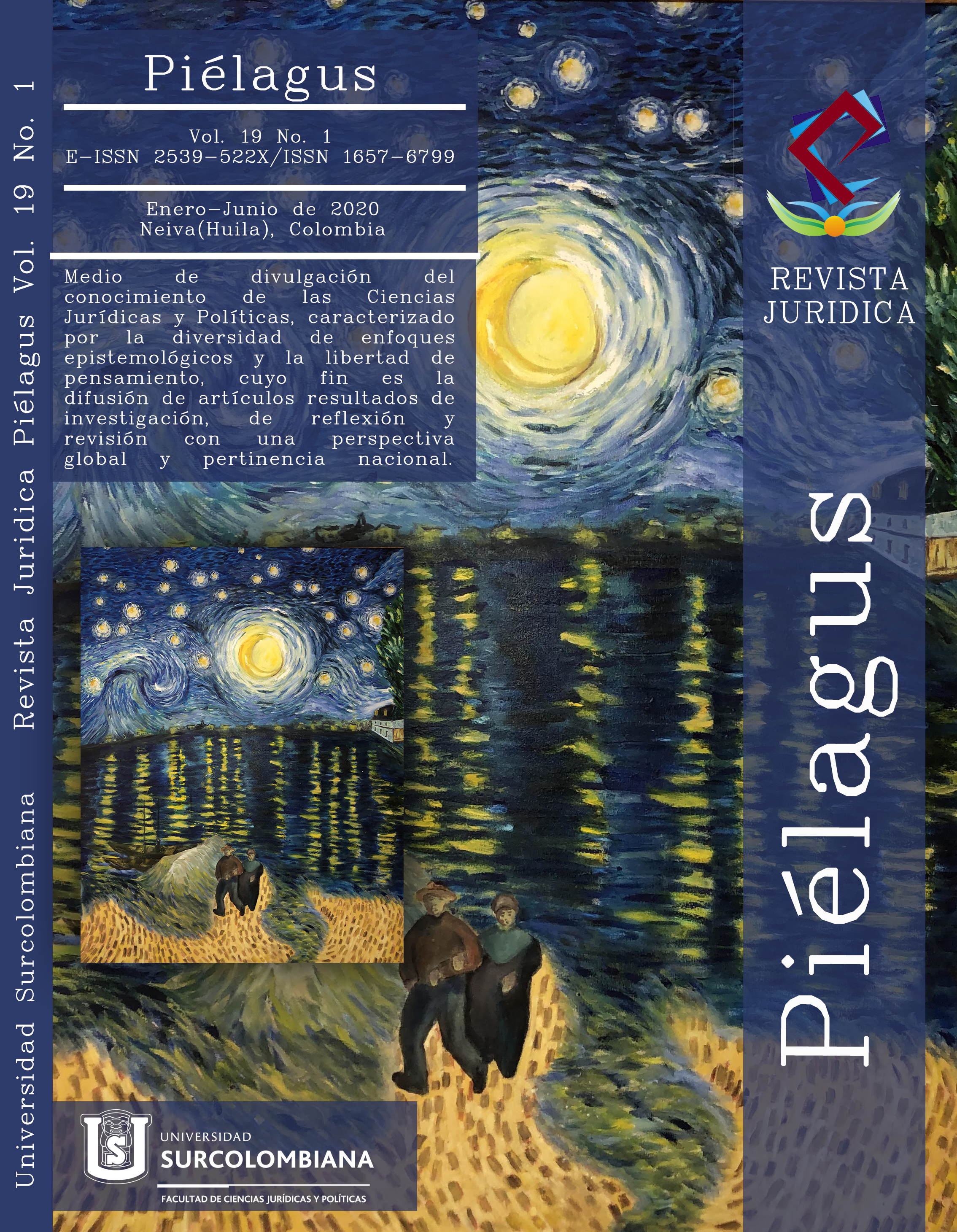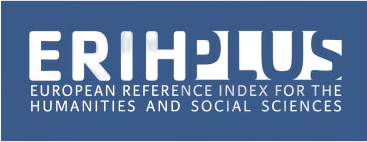Historical and theoretical overview of electoral organization and political parties in Colombia
Generalidades históricas y teóricas de la organización electoral y los partidos políticos en Colombia
##plugins.themes.bootstrap3.article.main##
This article corresponds to the first chapter of the research carried out as a degree requirement of the Master’s degree in public law at the Surcolombiana University, within which it is intended to analyze the causes and consequences of the sanctions to candidates, parties and political movements by the National Electoral Council in exercise of its function of inspection, surveillance and control, granted by Article 265 of the Political Constitution, which is why the subject will be addressed, first studying the historical and theoretical generalities of electoral organization and political parties in Colombia.
The study begins, starting from the concept of parties and political movements; Its conceptualization, its origins from the most representative historical moments, until its current regulation. Parallel to the birth of the political parties, and as an essential part of the exercise of public power, in a second segment, this article deals with the study of the electoral function in Colombia, seen from the organ in charge of that exercise, the National Electoral Council; its composition and functions throughout history, until its constitutional recognition in the Charter of 1991, and the subsequent reforms to which it has been subjected especially in relation to the functions granted to it.
Downloads
##plugins.themes.bootstrap3.article.details##
I. Alcántara, M. y Freidenber, F. (2003). Partidos Políticos de América Latina - Países Andinos. Editorial Instituto Federal Electoral y Fondo de Cultura Económica.
II. Constant, B. (1981). Principios de Política. Bogotá. Ediciones Lex.
III. Dalla-Via, A. R. (2006). Elecciones y sistemas electorales. Cuadernos para el diálogo, 15, p. 176.
IV. Duque, C., Giraldo, I. y Londoño, M. (2011). El sistema electoral y el sistema de partidos en Colombia. Fondo Editorial de Risaralda
V. Giraldo, F. (2003). Sistema de Partidos Políticos en Colombia. Editorial CEJA.
VI. Gechem, C. (2009). Los partidos políticos en Colombia. Revista Derecho del Estado, 23, p. 131-146.
VII. Hernández, A. (1986). Régimen Electoral Colombiano. Bogotá. Universidad Externado de Colombia.
VIII. Irragorri, A. y Gómez, J. (2005). Proyecto Integral para la modernización del sistema electoral colombiano, Tomo I. Bogotá D.C., Editorial Guadalupe Limitada.
IX. Lizarazo, A. (2015). La Función Electoral. Bogotá. Grupo Editorial Ibáñez.
X. Lozano-Villegas, G. (2015a). Historia de los partidos políticos en Colombia. Revista Vía Inveniendi et Ludicandi, 19, pp. 11-42.
XI. Lozano-Villegas, G. (2015b). La actualidad de los partidos políticos en Colombia. Revista IUSTA, 43, pp. 119-137.
XII. Mayorga, F. (1995). Orígenes de la Registraduría Nacional del Estado Civil. Bogotá. Registraduría Nacional del Estado Civil.
XIII. Mayorga, F. (2007). El Derecho Administrativo en los Albores del Siglo XX. Bogotá.
XIV. Mejía, G. (2015). El Régimen de las Elecciones en Colombia. Medellín. Ediciones UNAULA.
XV. Nohlen, D. (1981). Sistemas electorales del mundo. Centro de Estudios Constitucionales, Madrid.
XVI. Pabón, P. (2002). Delitos Electorales. Bogotá. Ediciones Doctrina y Ley LTDA.
XVII. Rodríguez, L. (1983). Estructura del Poder Político den Colombia. Bogotá. Temis.
XVIII. Rojas, J. E. (1848). La razón de mi voto. El aviso, p.193.
XIX. Ruiz, G. (2006). La democratización de los partidos políticos en Colombia. Legis S.A. Editores.
XX. Sánchez, C. (2006). Derecho e Instituciones Electorales en Colombia. Medellín. Universidad del Rosario.
XXI. Vanegas, P. (2008). Estudios de Derecho Electoral. Bogotá. Universidad Externado de Colombia.
XXII. Weber, M. (1969). Economía y Sociedad, Fondo de Cultura Económica. University of California Press.
REFERENCIAS JURISPRUDENCIALES
XXIII. CE, s5, rad. 2085271/2016, C.P. R. Araujo (Consejo de Estado 01 de septiembre de 2016).
XXIV. CConst, C-089/1994, M. P. E. Cifuentes.
XXV. CConst, C-055/1998, M. P. A. Martínez.
XXVI. CConst, T-637/2001, M. P. M. Cepeda.
XXVII. CConst, C-230A/2008, M. P. R. Escobar.
XXVIII. CConst, T-317/2013, M. P. J, Pretelt.
REFERENCIAS NORMATIVAS
XXIX. Constitución Política de Colombia [C.P.]. Julio, 04 de 1991 (Colom.). Recuperado de: https://pdba.georgetown.edu/Constitutions/Colombia/colombia91.pdf
XXX. D. 2241/1986.
XXXI. L. 7/1888.
XXXII. L. 89/1948.
XXXIII. L. 28/1979.
XXXIV. L. 96/1985.
XXXV. L. 130/1994.
XXXVI. L. 1475/2011.
XXXVII. República de Colombia. Colombia, Actas de la Asamblea Nacional Constituyente 1991.
REFERENCIAS COMPLEMENTARIAS
XXXVIII. Biglino, P. (2016). Partidos Políticos y mediaciones de la democracia directa. Madrid. Centro de Estudios Políticos y Constitucionales.
XXXIX. Guillen, F. (1996). El poder Político en Colombia. Editorial Planeta S.A.
XL. S. Di Tella, T. (2013). Historia de los partidos políticos en América Latina 2a ed. Buenos Aires. Editorial Fondo de Cultura Económica Argentina S.A.















